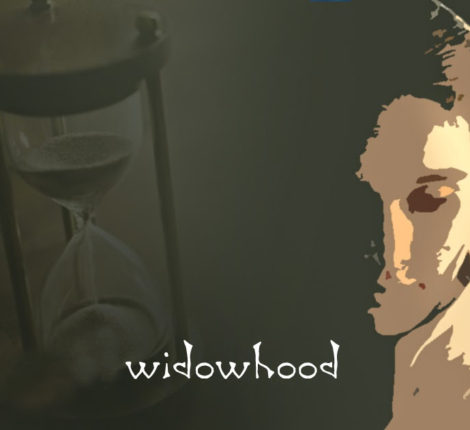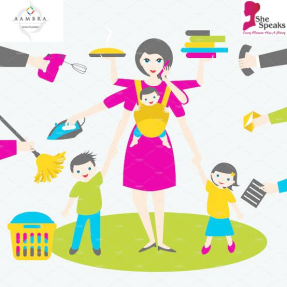Widows of Vrindavan
During Widowhood, the most severe trauma is itself the death of the spouse, which indeed is a negative life event. It creates emotional and financial insecurity. Emotional insecurity lies in the feeling of loneliness or the fear of being left alone and the loss of self esteem. With financial insecurity, comes the economic hardship, especially when the husband is the sole breadwinner of the family. Widows respond differently to the trauma and require their own healing time. Often the most difficult time is spent after the funeral, when the sense of loss is vehement. Most of the Widows come to Vrindavan, to find their inner peace and solace.
Vrindavan Dham, situated in Mathura district of Uttar Pradesh, is a holy and pious city of Lord Krishna. It is also known as the “City of Widows” as the town accommodates a large number of widows hailing from different areas but mostly from West Bengal. An estimated 15,000 to 20,000 widows live on the streets, many of whom have spent over thirty years here. The widows are often abandoned by their kins and relatives once they lose their husband. To avoid the responsibility of providing financial and emotional security, the widows are left alone to fend for themselves and thus, they come to Vrindavan to seek shelter. Many are lured by their children into leaving the house and going to Vrindavan in the “name of God”. Also, the widows are considered to be jinxed of bringing curse and pre – mature deaths to the house, due to which they are left alone to starve and live an abandoned life.
Thrown out of their homes, the Widows come to Vrindavan where they spend most of the time doing Kirtan at temples/ashrams. Earlier the conditions of Widows were very poor when they earned meagerly for living, but now with the interventions by Govt. of India, they have earned huge respect and proper living conditions that support their living.
Despite the sufferings and abandonment, the widows still live strong and are able to immerse themselves in the culture of Vrindavan. Living in Widow Homes, they share their stories with one another, showcase empathetic concern and relate well to each other’s needs. Through Kirtans, they devote themselves to the Almighty and start to appreciate life events. Remembering God helps them fight against the mental odds and find peace in what they have and what lies ahead.
Finally, they look forward to new possibilities, and try to find meaning in life.
– By: Shweta Shah




